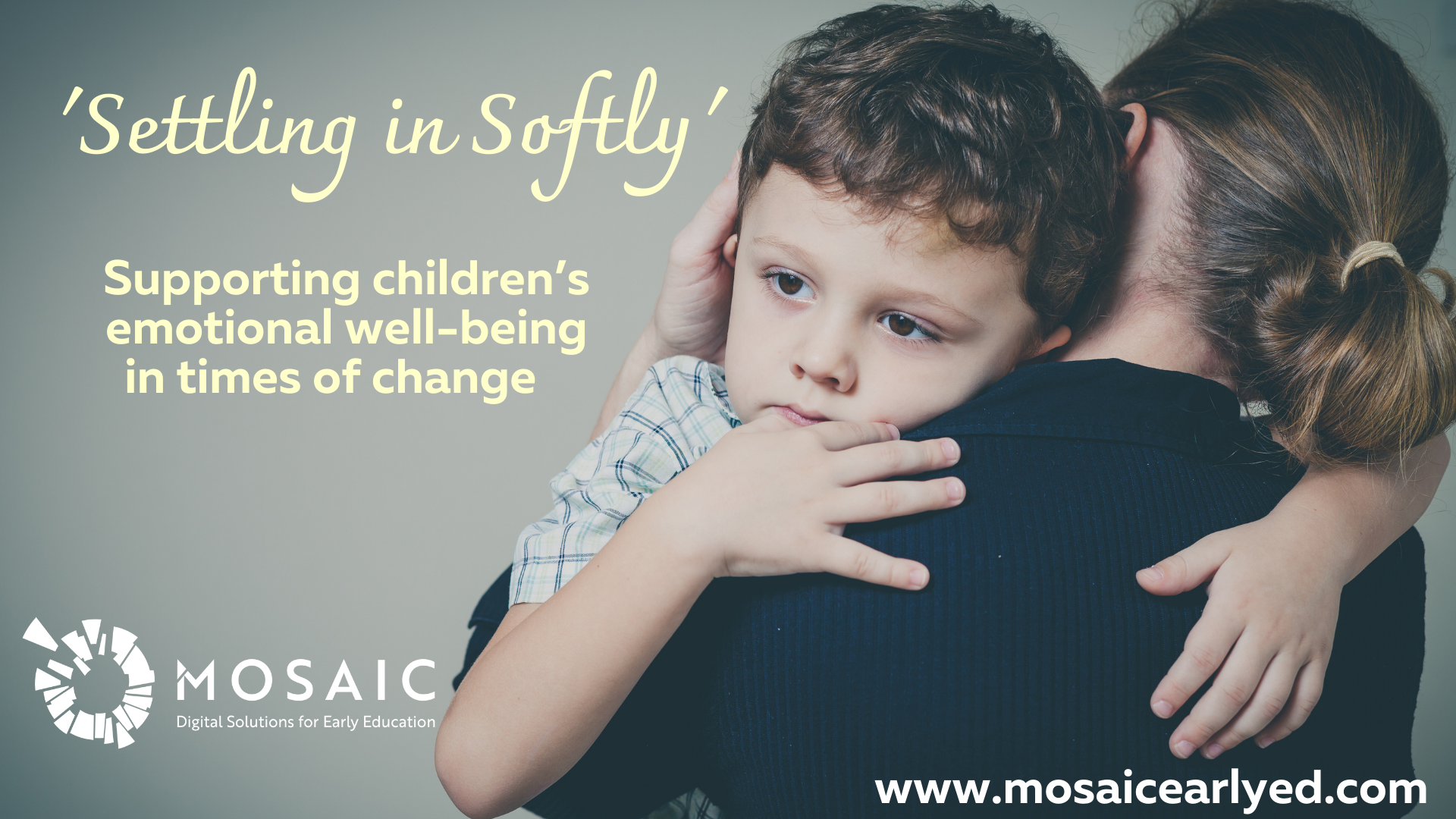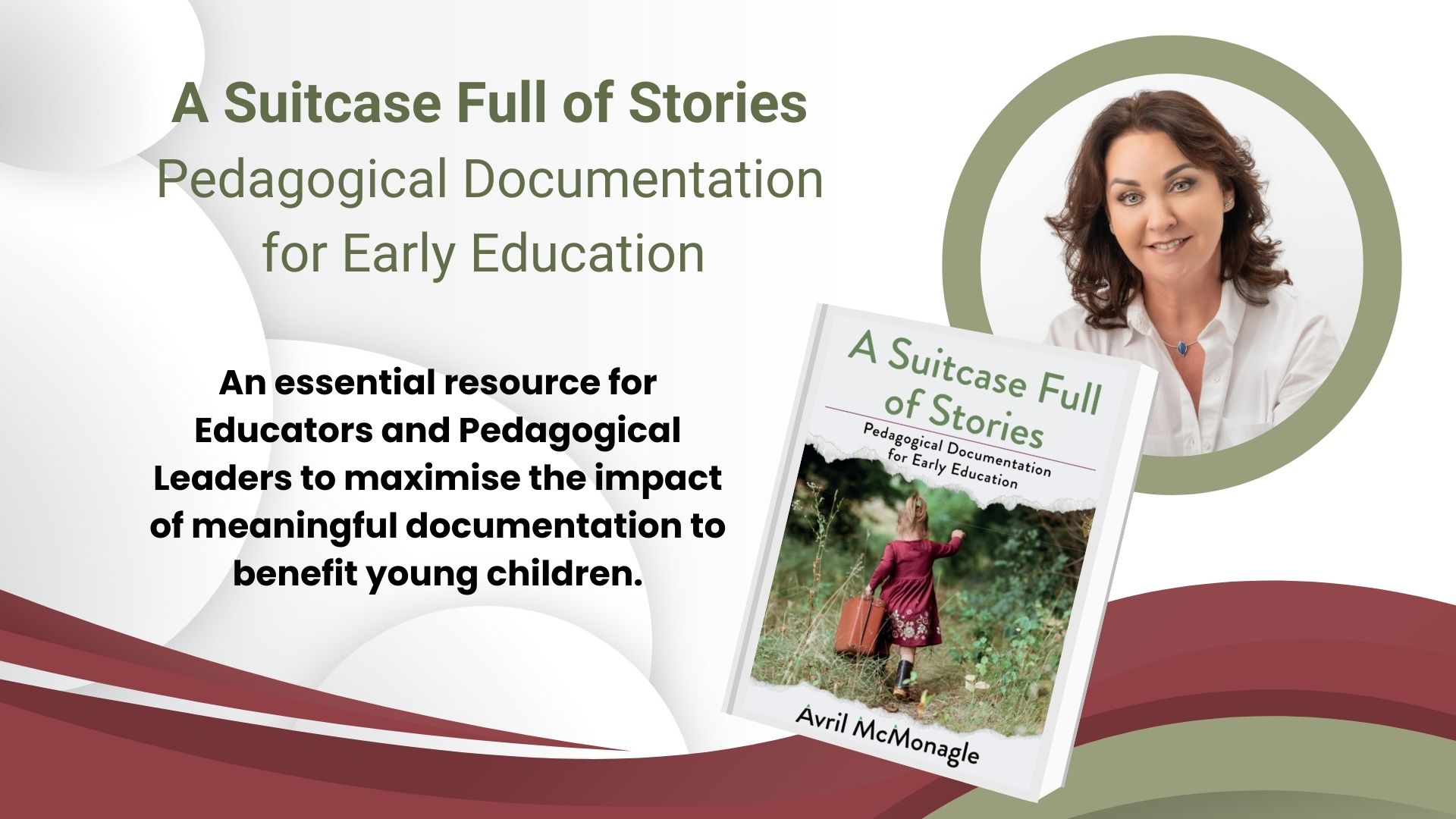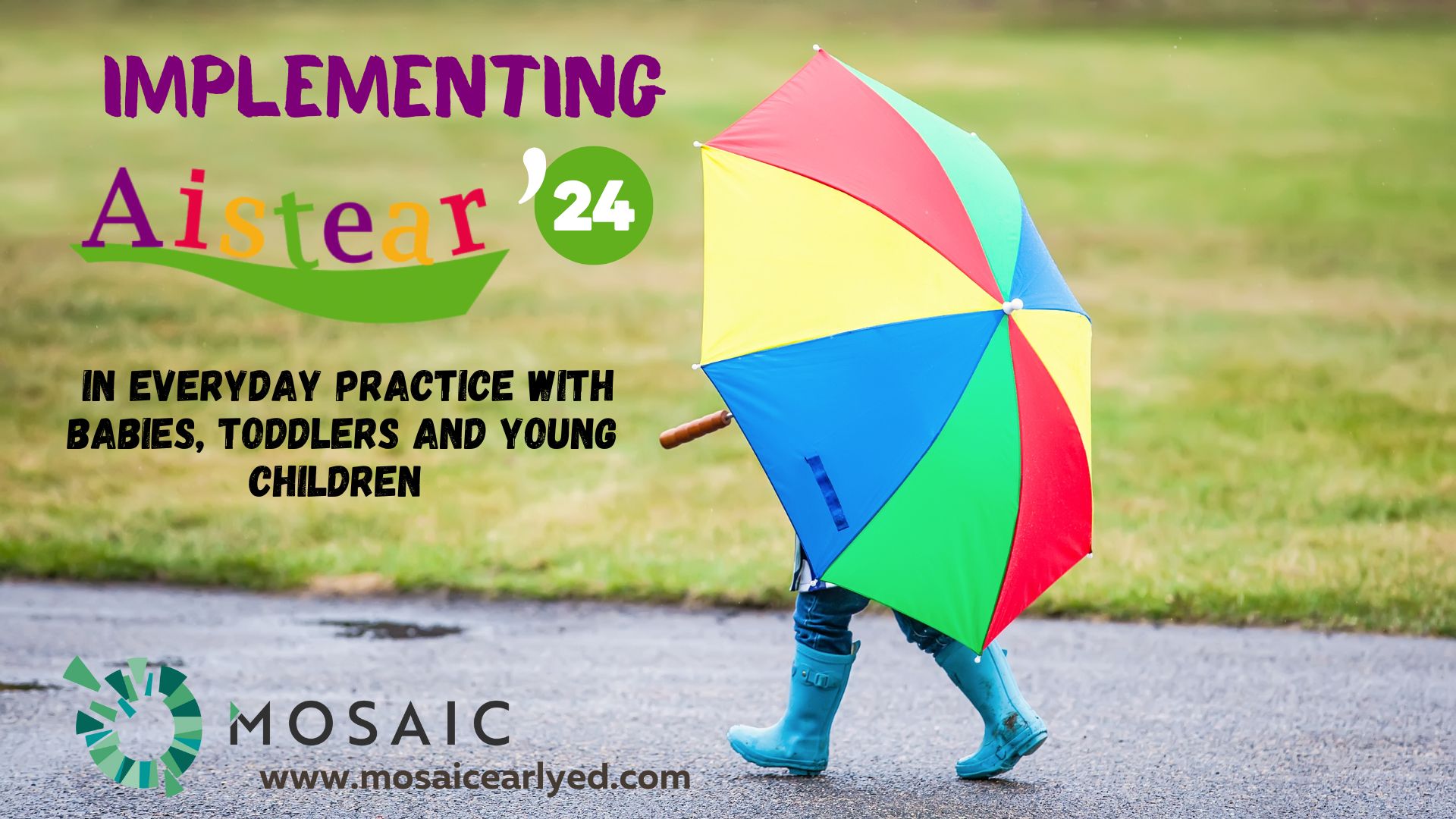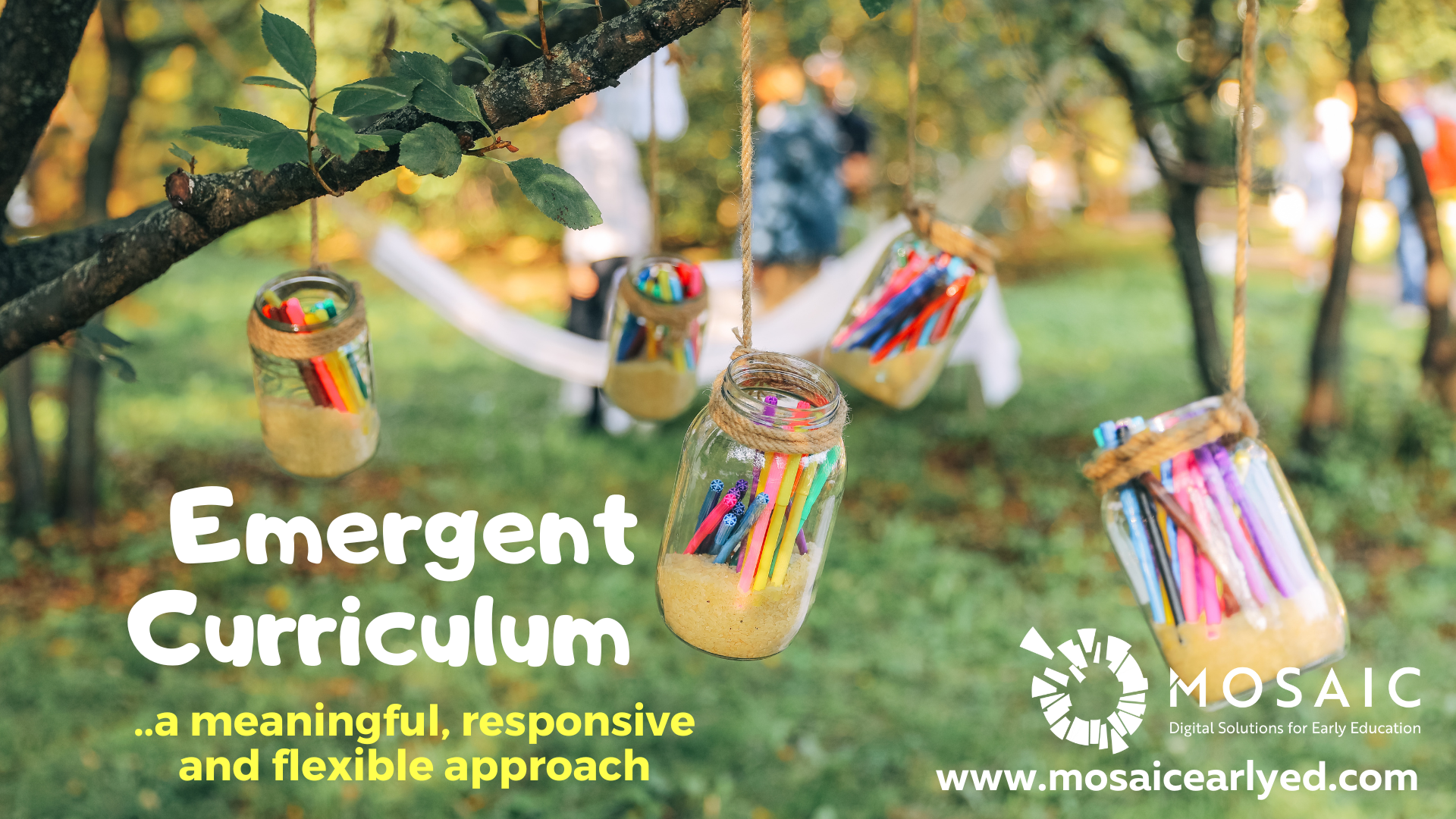'Settling in Softly' (2nd edition, August 2023)
Programme Introduction
Social and emotional learning is essential to every child’s education to help children achieve their academic potential, build strong relationships and lead healthy and successful lives.
'Settling in Softy' will support Educators to focus on the important role of supporting children’s emotional well-being through a curriculum of care - for example, when joining the pre-school setting for the first time. This practical e-CPD programme is a must for all educators to ensure children’s emotional well-being is front and centre during the early months away from home and family. The interdependent nature of educator well-being and the ability to support children is also explored.
The Resource Documents section contains printable handouts to support the programme content and a Certificate of Participation is saved to the educator profile on completion.
*PLEASE READ YOUR 'NOTES FOR THE COURSE' BEFORE STARTING YOUR PROGRAMME*
Programme Content
- What is self care and why is it important for educators?
- Ideas for making self care a priority.
- Recognising child responses to stress and anxiety
- Some practical educator responses to respond to children’s emotional needs during the settling in phase
- Providing a secure base for children
- The Key Educator Approach
- Emotional co-regulation
- A curriculum of care practical curriculum activity ideas
- Some practical ways of reassuring parents
Key Learning Outcomes
Educators will:
Understand the importance of social and emotional learning for children
Explore the concept of ‘self-care’ and its importance for your professional role working with children
Recognise stress responses in children and patterns of behaviour that signify how a child is feeling
Consider the Key Educator approach and its fundamental value in providing a secure out of home base for children
Appreciate the important role of supporting children’s emotional well-being through co-regulation and teaching children the language of emotions
Develop an awareness of the importance of communicating consistently and efficiently with parents as a means of relieving parent anxiety.

2.5 Hours
€20.00
Presentation with video/audio
Easy to follow components
Downloadable reference documents
Test multiple choice questions
Certificate of Completion
You may also like
A Suitcase Full of Stories - Book information feature
0.5 Hours
Free
'Implementing Aistear 2024'
2.5 Hours
€25.00
Emergent Curriculum (2nd ed. April 2023)
2.5 Hours



